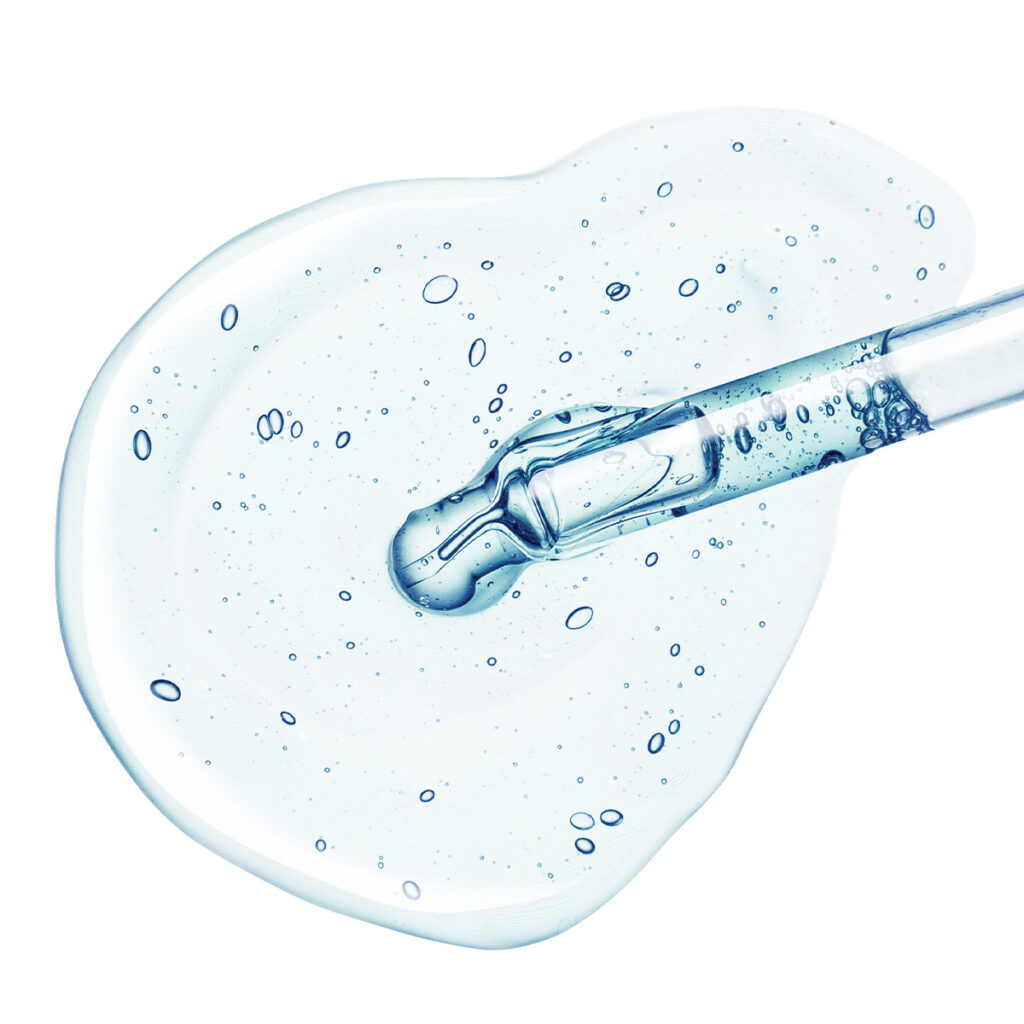Tackling Thirst
How to Know When Your Skin is Dehydrated & What to Do About It
To achieve beautiful-looking skin, hydration is key. Many people tend to think of dry or dehydrated skin as one and the same, but that’s not the case.
Dry skin is the result of fewer oil-producing glands on the face and body, and it’s a skin condition generally found in individuals who produce less sebum than others. Dehydrated skin, however, is signified by lack of water and is more often caused by external factors such as weather, caffeine consumption, and diet.
While dry skin tends to be rough and flaky, dehydrated skin tends to look dull, feel tight, and show accelerated signs of aging such as dreaded fine lines and wrinkles. So, what’s one to do if their skin is wanting water?
One of the best courses of action is to build exfoliating into your routine. In general, exfoliating once a week is enough to remove dead skin buildup, which makes moisturizers more difficult to absorb. Some individuals may need to exfoliate more frequently, but this is a great first step in getting the maximum benefit out of your lotion.


Another tip for those struggling with dehydrated skin is to use serums. Professionals recommend applying a serum before any moisturizer and looking for products that contain hyaluronic acid. While skin naturally produces some hyaluronic acid, those with dehydrated skin could benefit from an added dose. Some products even contain hyaluronic acid stimulators such as avocado peptides, which help your skin’s ability to produce its own acid. Other beneficial ingredients to keep an eye out for are glycerin or aloe vera.
After applying a serum, it’s time for a moisturizer, and experts say don’t be afraid to go heavy. Especially in the winter months when homes are full of dry, heated air and humidity is low, your skin loses moisture while you sleep. Applying a thicker moisturizer just before bed – bonus points if it’s oil-free and doesn’t block your pores – can help combat this moisture loss.
Too much direct sunlight and hot showers or baths can also result in dehydration, so be mindful of those factors as well. These topical tasks aren’t the only ways to help fight dehydration, though! Simply consuming more water through the fluids you drink and the foods you eat can work wonders, and adding a humidifier to your home or office can help your skin from losing moisture throughout the day.
Regardless of the reason for your thirsty skin, the good news is that it’s a temporary state that can easily be fixed with several tweaks to your lifestyle and skincare routine. HS
